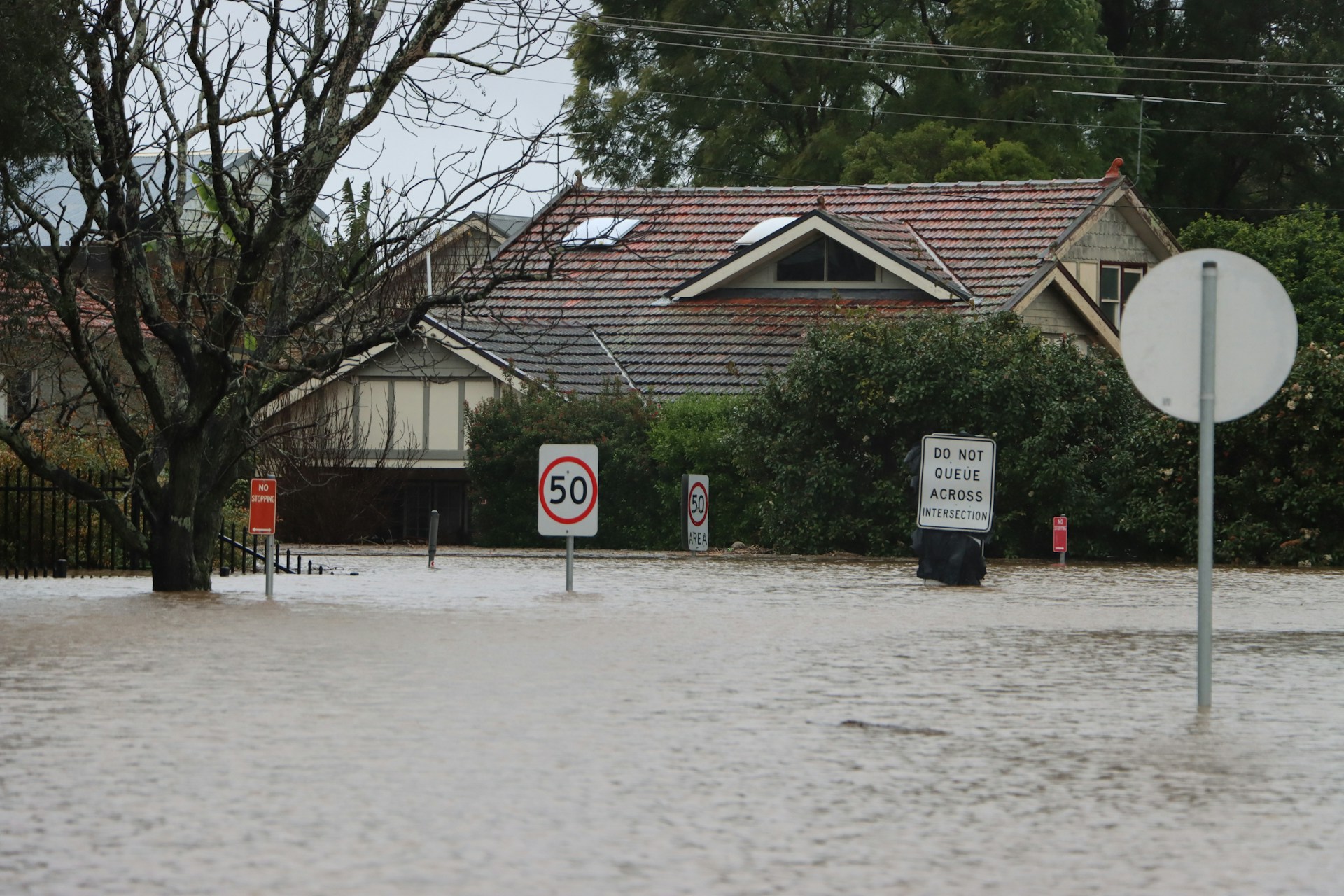For homeowners in Florida, understanding flood risks is a vital part of living in the Sunshine State. With many areas prone to flooding, knowing how to protect your home and wallet becomes a necessity. That’s where an Elevation Certificate plays a crucial role. If you’re not familiar with it, this document could be your key to unlocking savings on flood insurance and gaining peace of mind.
An Elevation Certificate serves as a detailed snapshot of your property’s elevation in relation to the expected flood levels in your area. By providing this information, the certificate helps insurance companies determine your flood risk more accurately. Not only can it help you get more affordable flood insurance rates, but it also gives you a clearer picture of your property’s vulnerabilities, allowing you to plan better for potential flooding events.
Understanding Elevation Certificates
An Elevation Certificate is a report that provides important data about your property’s elevation. This report becomes essential when your home is in a federally designated flood zone. It helps demonstrate how high above or below the expected flood levels your property sits, influencing both your flood insurance premiums and your understanding of risk.
When looking into flood insurance, insurance companies use the Elevation Certificate to calculate premiums. Here’s how it breaks down:
– Base Flood Elevation (BFE): This is the calculated elevation, or height, which flood waters are predicted to reach during a “base flood” event, usually a major storm.
– Building Elevation: This is where your home’s lowest floor sits in comparison to the BFE. The higher your building elevation is above the BFE, the lower your flood risk, translating potentially to lower insurance costs.
– Flood Zone Designation: Defines whether your property is in a high-risk, moderate, or minimal risk area.
These key components ensure that you have the most accurate flood insurance cost, aligning your policy closely with your true risk. If your home’s elevation is well above the base flood level, you might be eligible for lower premiums. Furthermore, understanding these aspects can help you make informed decisions about any necessary flood protection measures for your home.
Benefits of Having an Elevation Certificate
One of the biggest advantages of having an Elevation Certificate is the potential to lower your flood insurance premiums. Insurance companies rely on the data provided by the certificate to assess the flood risk for your property. If your home’s elevation is significantly above the base flood elevation, it often results in lower insurance costs. This means less money spent on premiums and more saved every year, contributing to your overall financial well-being.
In addition to cutting down on monthly and yearly insurance expenses, an Elevation Certificate can bring other financial benefits. For instance, having this certificate can increase the appeal and market value of your home. Buyers tend to prefer properties with clear risk evaluations, making your home more attractive if you choose to sell. It’s like having a stamp of approval on your property, letting buyers know they’re investing in a safe and secure place.
The Process of Obtaining an Elevation Certificate in Florida
Getting an Elevation Certificate in Florida involves a straightforward process, especially when you have the right professionals to guide you. Here’s how it typically unfolds:
1. Hire a Licensed Land Surveyor: Start by contacting a Florida-licensed surveyor who can conduct a thorough assessment of your property.
2. On-Site Evaluation: The surveyor visits your property to carry out physical measurements and evaluations necessary for the certificate. This includes noting the height of your home’s lowest floor and checking against the base flood elevation.
3. Documentation and Submission: After gathering the required data, the surveyor completes the certificate and submits it to you and, if applicable, your insurance provider.
4. Review and Understand: Take some time to review the certificate, understanding the implications of your property’s elevation. Keep this document safe and accessible for future reference with insurance claims or home sales.
Knowing what to expect during the surveyor’s visit can ease concerns about the process. It’s always helpful to ask questions and clarify any doubts you have during the evaluation.
Real-Life Applications and Tips
Take, for instance, a homeowner in Jacksonville who secured an Elevation Certificate for their property. They soon discovered their home was several feet above the base flood level, which greatly reduced their insurance premium. With the savings, they were able to invest in additional home improvements.
If you already have an Elevation Certificate, keeping it up-to-date is important. Always update the document after significant home improvements or if your flood zone designation changes. Consistent maintenance ensures that your insurance remains aligned with your home’s actual flood risk. Additionally, consider using the data from your Elevation Certificate during discussions with insurance agents. Presenting clear, precise information can help negotiate better rates.
Take Control of Your Flood Insurance Costs
Embracing the role of an Elevation Certificate in managing your flood insurance costs can be a smart move for any Florida homeowner. The insights it offers not only provide a detailed picture of your property’s risks but also open doors for financial savings. With lower premiums, increased property value, and better risk management, this certificate is a powerful tool in safeguarding your home investment.
So why wait? Taking steps to obtain or update an Elevation Certificate places you in control of one of your largest financial considerations. It’s all about making informed, proactive decisions that benefit your home and your pocket in the long run.
Ready to take the next step in protecting your Florida home from flood risks? Let Will’s Service Group assist you with obtaining your elevation certificate Florida. This could be your ticket to securing lower insurance premiums and adding value to your property. Visit us to learn more about how we can help you understand and manage your flood risk effectively.










